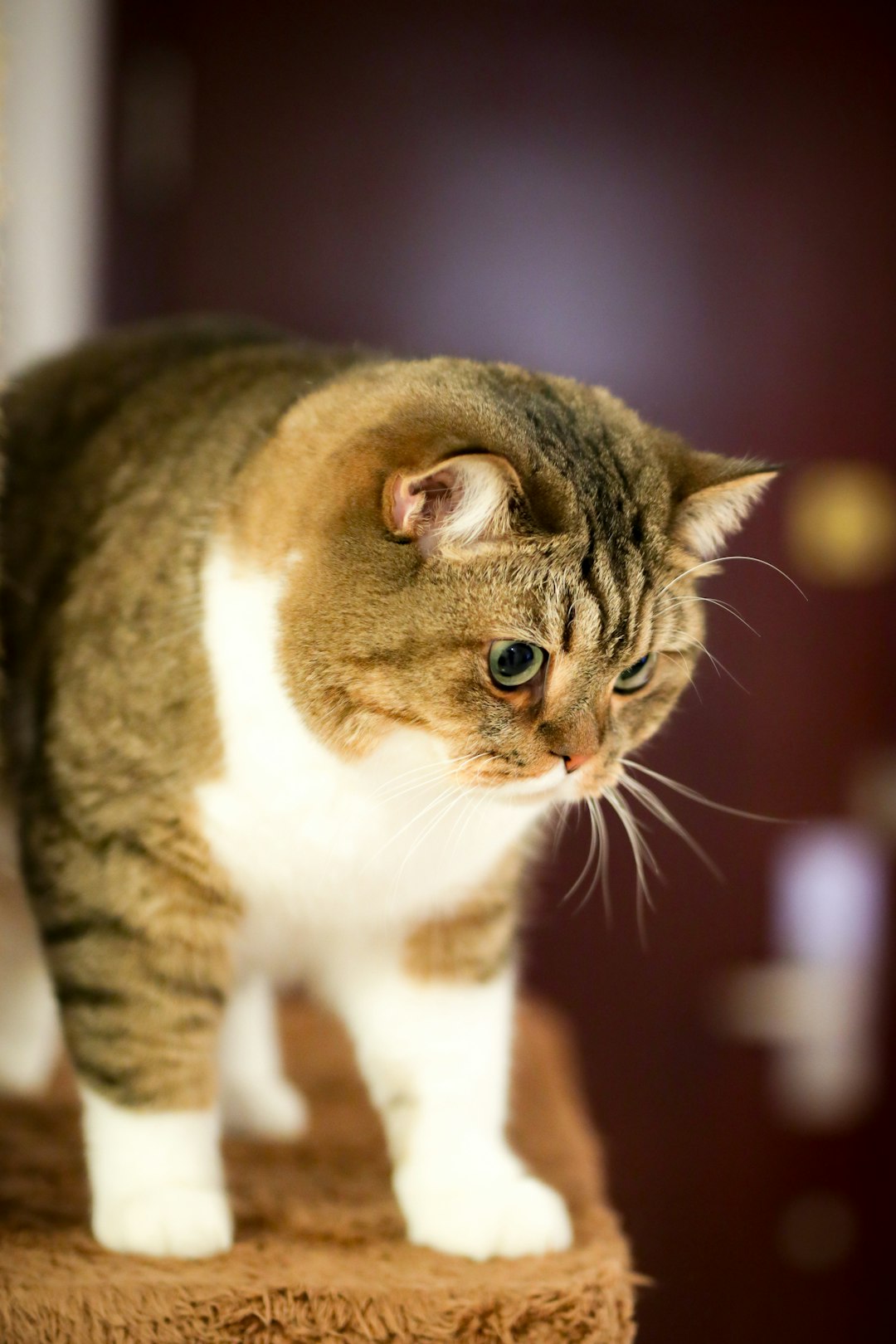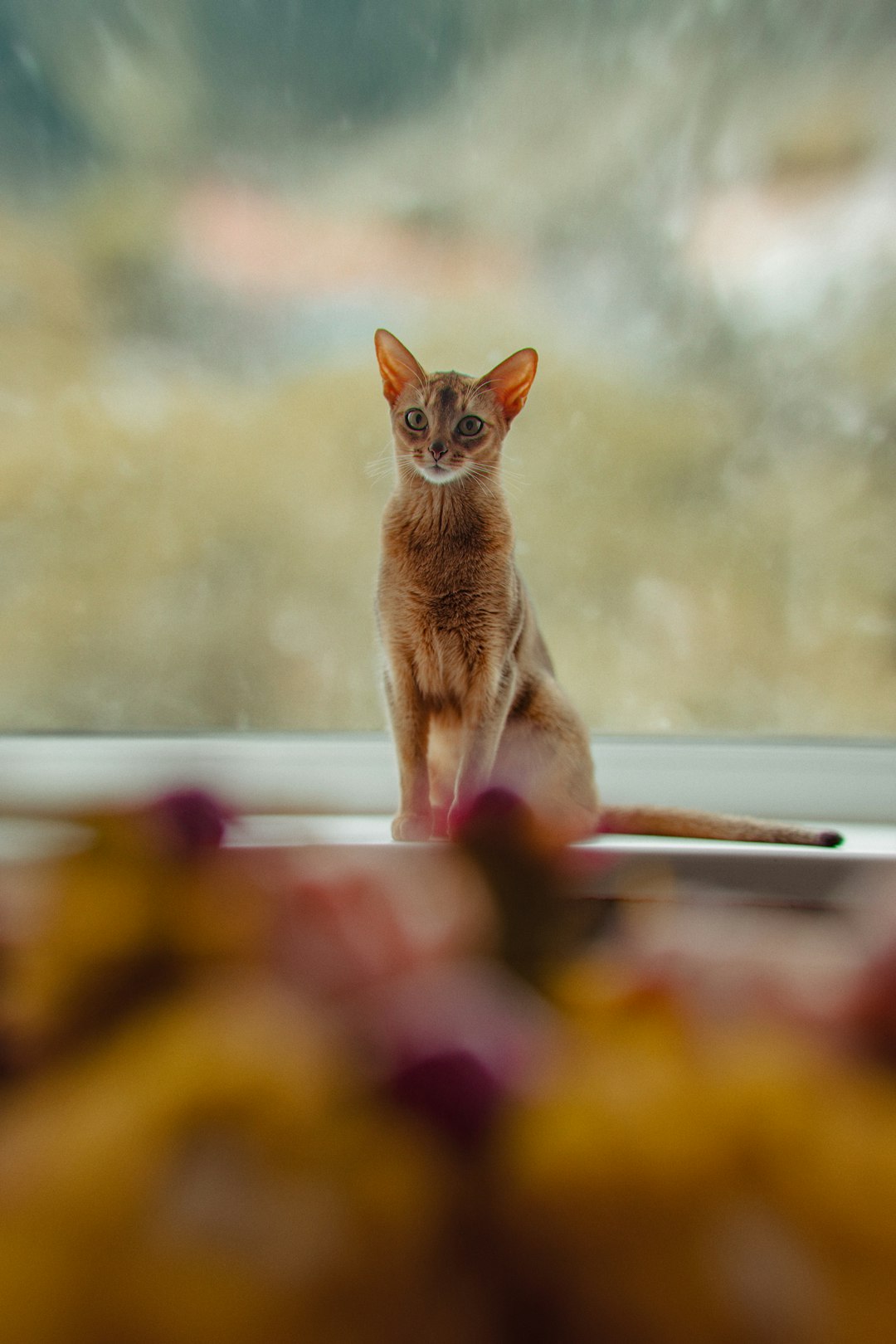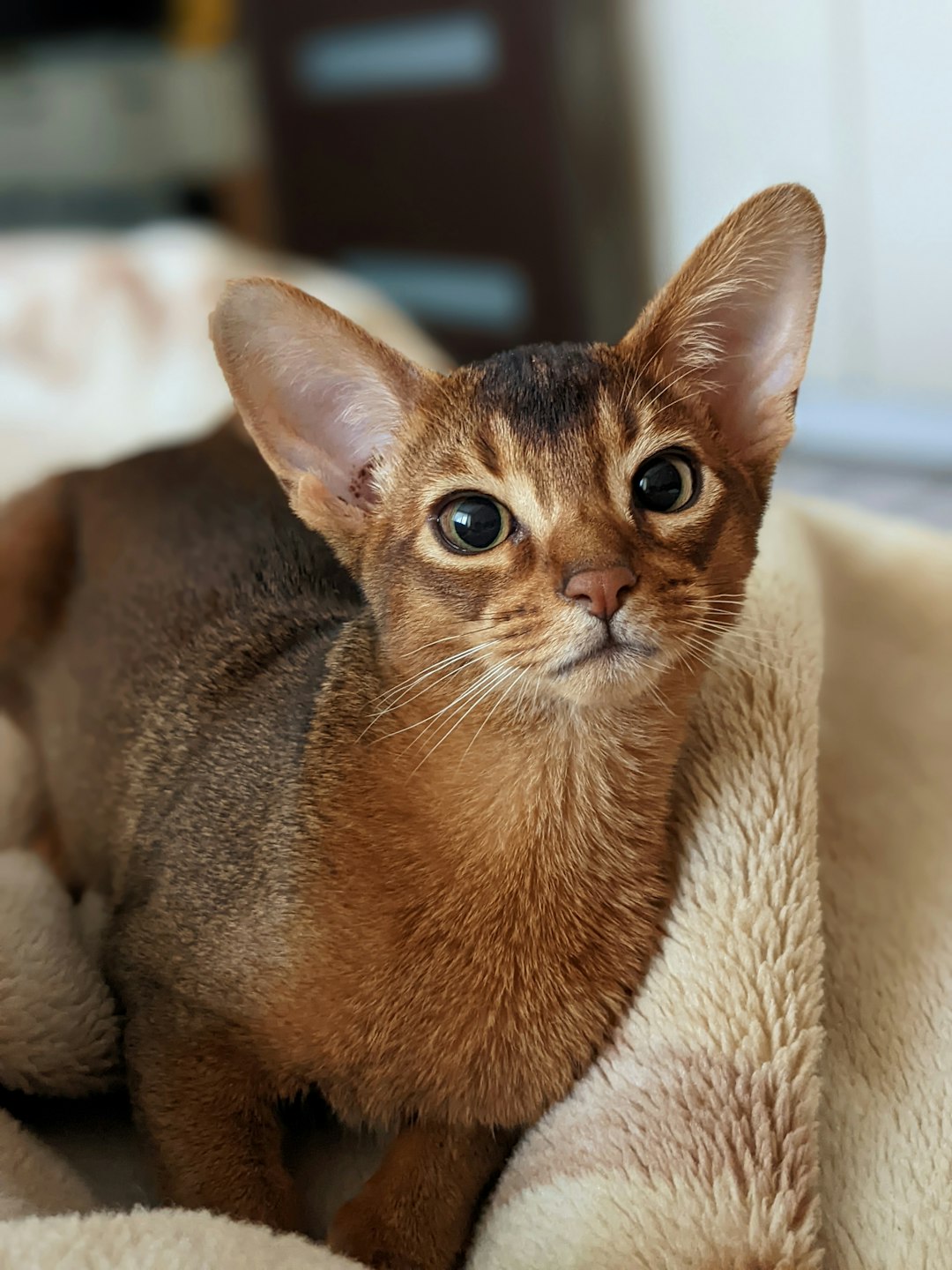Curly hair cats are not only adorable but also intriguing companions with unique characteristics. Their distinct coats, resulting from genetic mutations, set them apart from typical feline breeds. Understanding their traits, grooming needs, and overall health is crucial for any aspiring owner. Additionally, it’s essential to provide a nurturing environment that accommodates their specific requirements. By doing so, you can forge a strong bond with your curly hair cat, ensuring both their happiness and your enjoyment of their playful nature. This comprehensive guide will delve into everything you need to know about curly hair cats and how to care for them effectively.
Understanding Curly Hair Cats: An Overview
Curly hair cats are captivating breeds known for their distinctive, curly fur that adds a unique charm to their appearance. These cats have a soft, textured coat that sets them apart from their straight-haired cousins. Here’s a quick overview:
- Curly Fur: The most defining feature of a curly hair cat is its unusual coat. The curls can vary in tightness and length, creating an enchanting look.
- Gentle Temperament: Many curly hair cats possess friendly and sociable personalities, making them great companions.
- Varied Breeds: Curly hair can be found in several breeds, each with its characteristics. Popular examples include the Devon Rex and the Cornish Rex.
In summary, curly hair cats are not just visually appealing; they also bring warmth and joy into your home. Understanding their traits helps you appreciate these furry companions better and provides insight into their well-being and care.
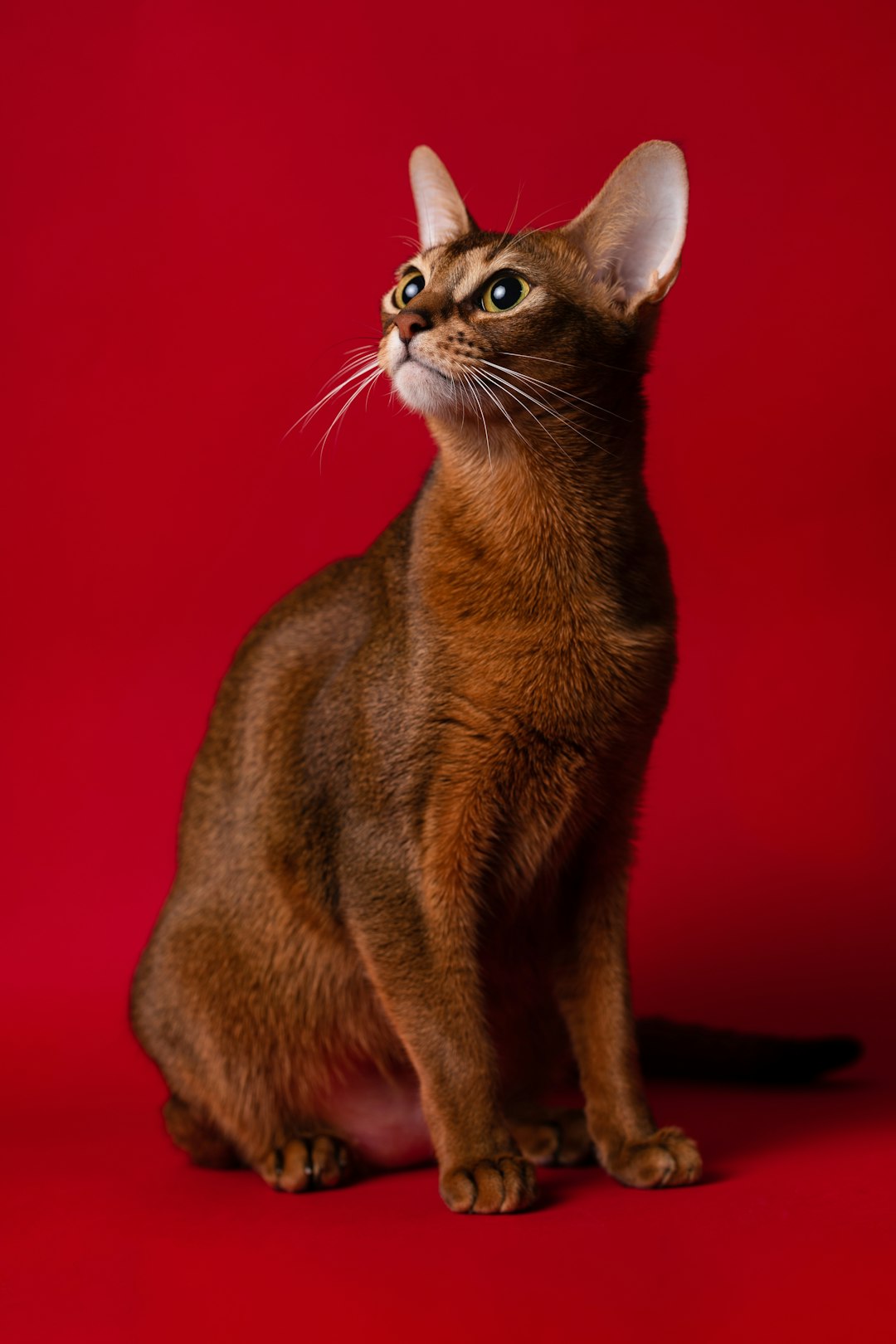
Unique Traits of Curly Hair Cat Breeds
Curly hair cats possess several unique traits that set them apart from traditional cat breeds. Below are some prominent characteristics to appreciate:
- Distinctive Coat: Their most notable feature is their curly fur, which can vary in texture but generally feels soft and plush.
- Magical Whiskers: Many curly hair cats have crimped or wavy whiskers, adding to their charming appearance.
- Playful and Affectionate Nature: These cats often display a friendly demeanor, enjoying interaction and playtime with their owners.
- Intelligence: Curly hair cats are smart and curious. They love exploring their surroundings and can easily learn tricks.
Here’s a quick comparison of popular curly hair cat breeds:
| Breed | Coat Type | Temperament |
|---|---|---|
| Devon Rex | Short, tightly curled | Energetic, affectionate |
| Cornish Rex | Short, soft curls | Playful, social |
| LaPerm | Variable curls | Calm, friendly |
Understanding these unique traits will help you appreciate the charm of the curly hair cat and its suitability as a loving pet.
Common Curly Hair Cat Breeds
Curly hair cats are a delight to own, boasting unique coats and charming personalities. Here are some of the most popular curly hair cat breeds you might consider:
Cornish Rex
- Coat: Short, soft, and wavy fur.
- Personality: Playful and affectionate.
Devon Rex
- Coat: Short, dense, and often in whimsical curls.
- Personality: Intelligent and energetic.
LaPerm
- Coat: Varies from tight ringlets to loose waves.
- Personality: Curious and friendly.
Selkirk Rex
- Coat: Plush, thick curls that can be long or short.
- Personality: Laid-back and easygoing.
Comparison Summary
| Breed | Coat Type | Personality Traits |
|---|---|---|
| Cornish Rex | Short, wavy | Playful, affectionate |
| Devon Rex | Short, dense | Intelligent, energetic |
| LaPerm | Loose curls | Curious, friendly |
| Selkirk Rex | Thick curls | Laid-back, easygoing |
When choosing a curly hair cat, consider their individual personalities alongside their grooming needs and play styles. Each breed has something special to offer!
Grooming Essentials for Curly Hair Cats
Grooming a curly hair cat requires a specific approach to maintain their unique coat. Here are essential tips to ensure your furry friend stays healthy and looks fabulous:
Brushing: Use a soft-bristled brush or a grooming glove at least twice a week. This helps remove loose hairs and prevents matting.
Bathing: Curly hair cats typically don’t require frequent baths. However, when needed, use a gentle cat shampoo specifically designed for curly fur.
Drying: After bathing, gently pat your cat dry with a towel. Avoid using a hairdryer, as the heat can damage their delicate coat.
Ear Cleaning: Regularly check and clean your cat’s ears to prevent infections. Use a veterinarian-recommended ear cleaner.
Nail Trimming: Trim your cat’s nails every few weeks to keep them at a comfortable length and prevent scratching.
Keep in mind, curly hair cats have distinct grooming needs compared to straight-haired cats. Regular grooming enhances their coat’s beauty and contributes to their overall well-being.
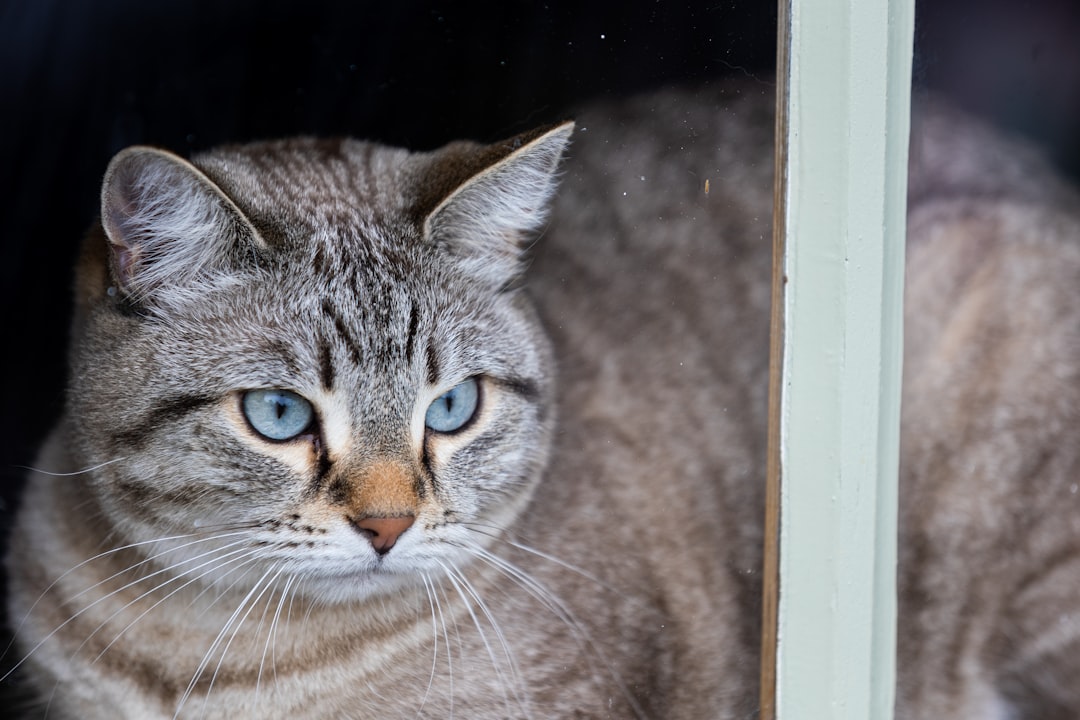
Feeding and Nutrition for Curly Hair Cats
Caring for a curly hair cat requires an understanding of their unique nutritional needs. These cats often exhibit higher energy levels, which means they require a balanced diet to support their active lifestyle. Here are some key points to consider:
High-Quality Protein: Select cat food that lists real meat as the first ingredient. Protein supports muscle health and energy.
Omega Fatty Acids: Curly hair cats can benefit from diets rich in omega-3 and omega-6 fatty acids. These nutrients promote healthy skin and a luxurious coat.
Hydration: Ensure your curly hair cat has access to fresh water at all times. Wet food can also help maintain hydration.
Nutritional Needs Comparison
| Requirement | Recommendation |
|---|---|
| Protein | 35-50% of total diet |
| Fat | 15-20% of total diet |
| Carbohydrates | Limited, avoid grains |
To summarize, providing a well-balanced diet will not only meet your curly hair cat’s nutritional requirements but also improve their overall health and coat quality. Regularly consult with your veterinarian to tailor their diet based on age and activity level.
Health Considerations for Curly Hair Cats
When owning a curly hair cat, it’s essential to prioritize their health. Below are some key health considerations to keep in mind:
Genetic Conditions: Some curly hair cat breeds may be prone to specific genetic issues. For example:
- Cornish Rex: May experience heart conditions.
- Devon Rex: Can face skin issues due to their unique coat.
Regular Vet Check-ups: Schedule annual visits with a veterinarian to monitor your cat’s overall health.
Nutrition and Weight Management: Obesity can impact your curly hair cat’s health. Ensure you:
- Provide a balanced diet based on their age and weight.
- Limit treats and maintain portion control.
Dental Care: Oral hygiene plays a crucial role in a curly hair cat’s health. Regularly check and clean their teeth to prevent dental diseases.
Hydration: Always provide fresh water to keep your curly hair cat hydrated, as dehydration can lead to severe health issues.
Taking these health considerations into account will not only ensure your curly hair cat thrives but also enhances their quality of life.
Creating a Comfortable Environment for Your Curly Hair Cat
Providing a cozy and safe environment is essential for the well-being of your curly hair cat. Here are some tips to create an inviting space for your feline friend:
Comfortable bedding: Use soft, hypoallergenic bedding that supports your cat’s unique coat. Look for materials that are easy to wash since curly-haired cats can have a tendency to shed.
Vertical spaces: Cats love climbing. Install shelves or provide cat trees that allow your curly hair cat to lounge and explore from above. This can also reduce anxiety by giving them a personal retreat.
Safe hiding spots: Create safe, secluded hideaways using boxes or tunnels where your curly hair cat can feel secure and relaxed.
Interactive play areas: Incorporate toys that stimulate your cat’s natural hunting instincts. Rotate toys regularly to keep their interests piqued.
Temperature control: Ensure your home is at a comfortable temperature, as curly hair cats can be sensitive to extreme heat or cold.
By implementing these strategies, you help your curly hair cat thrive both physically and emotionally, leading to a happier cat and a harmonious home.
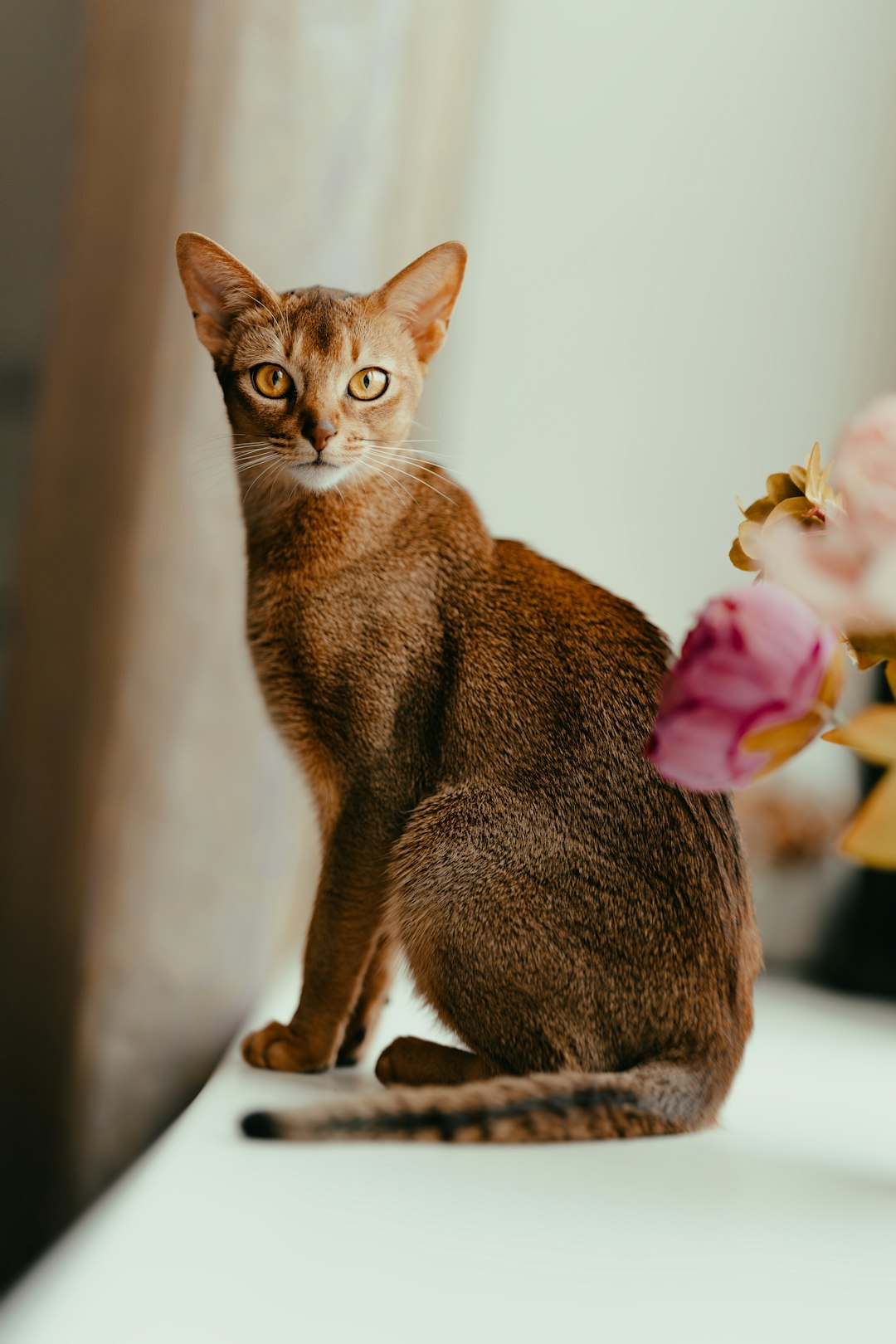
Tips for Training and Bonding with Curly Hair Cats
Training and bonding with your curly hair cat can be a rewarding experience, leading to a strong relationship and a well-behaved pet. Here are some effective tips to enhance your interaction with your feline friend:
Start Early: Begin training while your cat is still a kitten. This helps them adapt to commands and routines more easily.
Positive Reinforcement: Use treats, praise, or playtime to encourage good behavior. This method works exceptionally well with curly hair cats due to their affectionate nature.
Short Sessions: Keep training sessions brief (5-10 minutes) to maintain your cat’s attention. Use engaging activities that tap into their natural instincts.
Socialization: Introduce your curly hair cat to different people, pets, and environments early on to build confidence and reduce fear.
Interactive Play: Engage in activities like feather wands or laser pointers. This not only keeps them active but also enhances your bond.
By implementing these tips consistently, you will cultivate a trusting relationship with your curly hair cat, making training an enjoyable process for both of you.
Frequently Asked Questions
What are the common traits of curly hair cats?
Curly hair cats, such as the Cornish Rex and Selkirk Rex, are known for their unique coat texture. They have soft, curly fur that is typically short and comes in various colors and patterns. Their coats require less grooming than straight-haired cats, as the curls help to minimize shedding. Additionally, curly hair cats often possess a playful and affectionate temperament, making them friendly companions. They tend to be energetic and enjoy interactive play along with human companionship.
How should I care for a curly hair cat’s coat?
Caring for a curly hair cat’s coat is relatively simple. Regular brushing is advised, but due to their curly fur, you can get away with brushing them once a week using a metal comb or a soft-bristle brush. This helps to remove loose hair and prevent matting. Bathing should also be done occasionally, approximately every 4-6 weeks, using a mild cat shampoo to maintain skin and coat health. It’s essential to keep an eye on their ears and trim their nails regularly as part of their overall grooming.
Do curly hair cats have any special dietary needs?
Curly hair cats do not typically have special dietary needs distinct from other cats, but a high-quality, balanced diet is crucial for their health. Due to their active nature, they may benefit from a diet that is rich in protein and tailored to their life stage—kitten, adult, or senior. Always ensure that fresh water is available, and consult with a veterinarian regarding the best food choices, as they can have different health considerations based on genetics or lifestyle.
Are curly hair cats hypoallergenic?
While no cat is completely hypoallergenic, curly hair cats are known to produce lower levels of the Fel d 1 protein, which is a common allergen found in cat saliva and skin. This reduced protein means that curly hair cats may be more suitable for people with allergies compared to other breeds. However, individual reactions can vary, so it’s best for allergy sufferers to spend time with the breed before making a decision to ensure they do not have a reaction.

